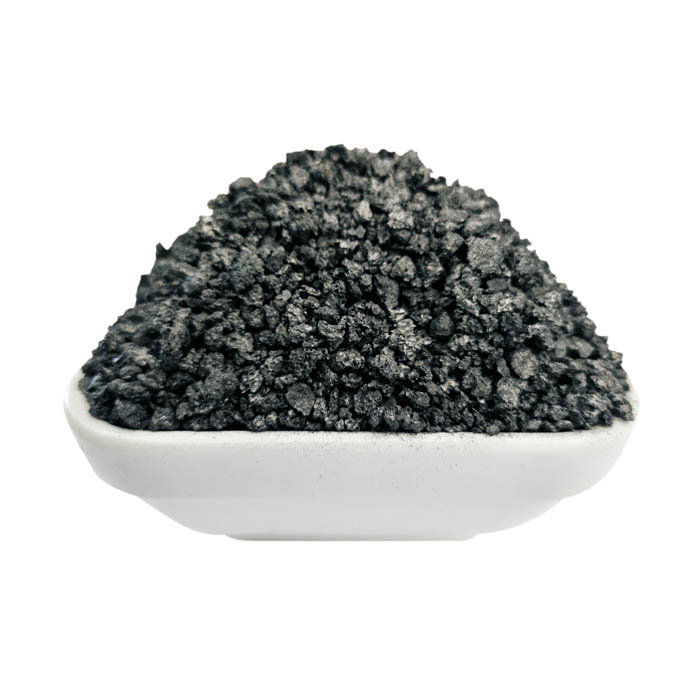Nov . 30, 2024 04:09 Back to list
Manufacturers of Insulation Materials for Hard Piping in HVAC Applications
Choosing the Right Hard Pipe Insulation Material for HVAC Systems
In modern HVAC (Heating, Ventilation, and Air Conditioning) systems, efficiency, reliability, and energy conservation are paramount. A crucial component that significantly impacts these factors is the insulation of hard pipes. Proper insulation reduces thermal loss, enhances energy efficiency, and protects against condensation and freezing. Therefore, selecting the right hard pipe insulation material is essential. This article will explore various insulation materials available on the market, their properties, and their benefits.
Common Types of Hard Pipe Insulation Materials
1. Fiberglass Insulation Fiberglass is one of the most widely used insulation materials for hard pipes in HVAC systems. It consists of fine glass fibers and is renowned for its excellent thermal resistance and low thermal conductivity. Fiberglass insulation is lightweight, easy to install, and is available in pre-formed sections that fit various pipe sizes. It is effective in reducing heat loss and maintaining the desired temperature within piping systems. Additionally, fiberglass insulation is non-combustible and can withstand high temperatures, making it a safe choice for many applications.
2. Polyethylene Foam Polyethylene foam is another popular material used for hard pipe insulation. This closed-cell foam provides excellent thermal insulation and moisture resistance. Its flexibility allows it to be easily fitted around pipes, providing a snug and secure fit. Polyethylene foam is also resistant to mold and mildew, making it suitable for humid environments. The lightweight nature of this material simplifies transportation and installation, contributing to lower labor costs.
3. Rubber Insulation Rubber insulation is renowned for its durability and effectiveness in preventing condensation on pipes. It is particularly beneficial for chilled water lines, as it prevents moisture buildup that can lead to mold growth and structural damage. Rubber insulation is flexible and can easily conform to various pipe shapes and configurations. Additionally, it offers good thermal performance and is resistant to a wide range of chemicals, making it a sustainable choice for industrial applications.
4. Mineral Wool (Rock Wool) Mineral wool, also known as rock wool or stone wool, is an excellent choice for insulating hard pipes in high-temperature applications. This material is composed of natural rock and is designed to resist fire, providing enhanced safety for HVAC systems. Mineral wool has excellent acoustic properties, making it effective in reducing noise transmission in piping systems. Its ability to withstand extreme temperatures makes it suitable for industrial settings where high heat is a concern.
hvac hard pipe insulation material manufacturer

5. Aerogel Insulation Aerogel is a cutting-edge insulation material that has gained attention for its exceptional thermal performance. It is one of the lightest insulating materials and offers impressive thermal resistance, which means it can achieve significant energy savings with minimal thickness. Aerogel is ideal for applications where space is limited or where maximum thermal efficiency is required. While it can be more expensive than traditional insulation materials, its long-term energy savings may justify the initial investment.
Evaluating Insulation Materials
When selecting hard pipe insulation material for HVAC systems, several factors need to be considered
- Thermal Performance Assess the material's R-value, which indicates its insulation effectiveness. A higher R-value signifies better insulation. - Moisture Resistance Select materials that can resist moisture to prevent mold growth and protect the integrity of the piping. - Fire Safety Consider materials that offer fire resistance, particularly in commercial and industrial installations. - Environmental Impact Evaluate the sustainability of the insulation material, including its manufacturing process and lifecycle. - Budget Factor in both initial costs and potential long-term savings due to improved energy efficiency.
Conclusion
Choosing the appropriate hard pipe insulation material for HVAC systems is essential for enhancing performance and achieving energy efficiency. Whether you opt for fiberglass, polyethylene foam, rubber, mineral wool, or innovative aerogel insulation, ensuring optimal insulation will play a pivotal role in the efficiency and longevity of your HVAC system. By considering the specific needs of your installation and the properties of each insulation material, you can make an informed decision that benefits both the environment and your budget in the long run.
-
Fe-C Composite Pellets for BOF: Enhance Steelmaking Efficiency
NewsAug.07,2025
-
Eco-Friendly Granule Covering Agent | Dust & Caking Control
NewsAug.06,2025
-
Fe-C Composite Pellets for BOF: High-Efficiency & Cost-Saving
NewsAug.05,2025
-
Premium Tundish Covering Agents Exporters | High Purity
NewsAug.04,2025
-
Fe-C Composite Pellets for BOF | Efficient & Economical
NewsAug.03,2025
-
Top Tundish Covering Agent Exporters | Premium Quality Solutions
NewsAug.02,2025
